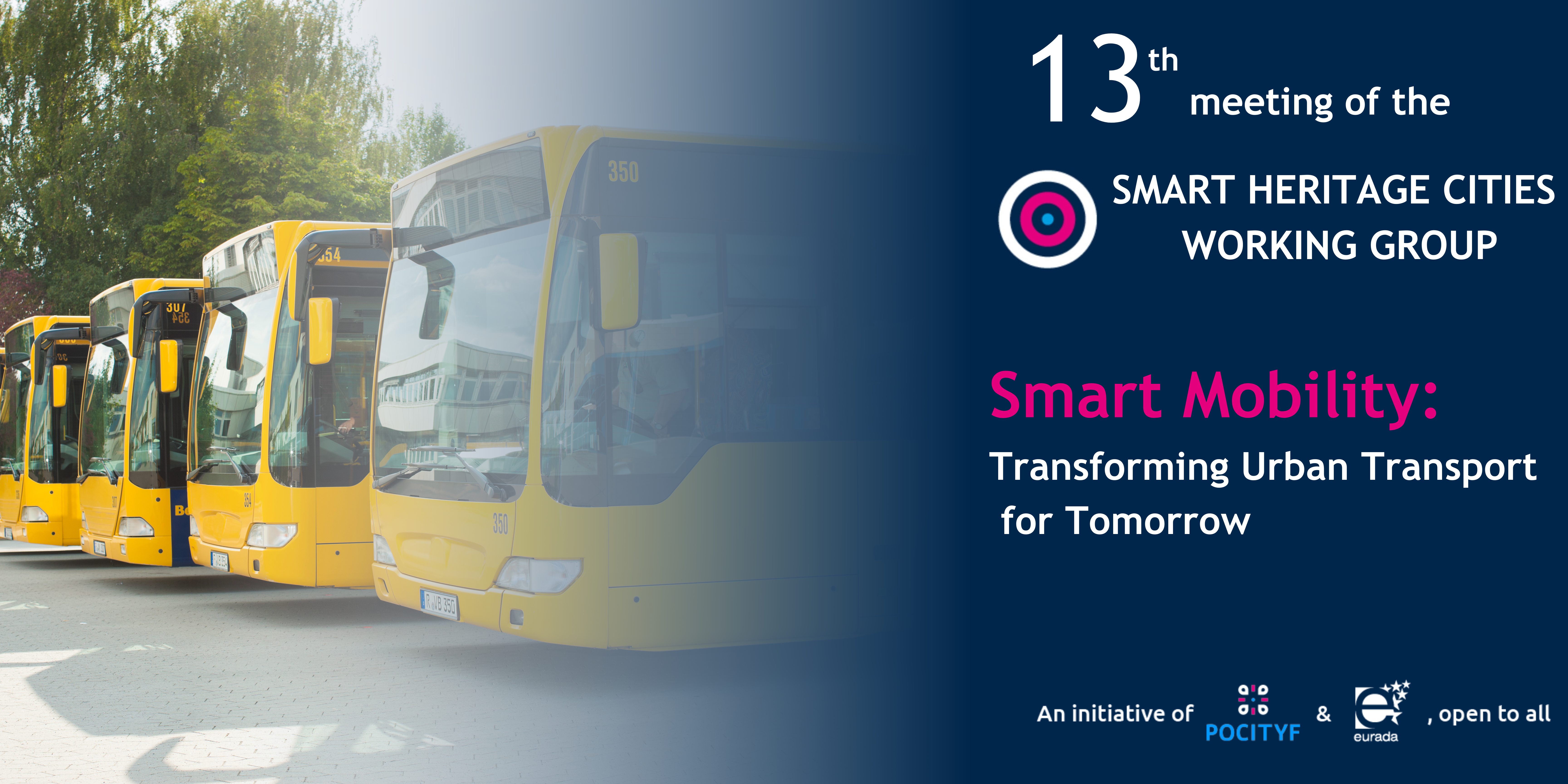The discussions highlighted three key themes: firstly, the significance of data-driven decision-making in urban mobility management, emphasising the pivotal role of data analytics in addressing challenges such as visitor monitoring and crowd prediction. Secondly, the importance of collaborative partnerships among stakeholders at different levels was emphasised, stressing the need for engagement with local, regional, and federal actors to develop comprehensive strategies. Lastly, the adoption of user-centric approaches in designing smart mobility solutions was emphasised, with a focus on enhancing the urban experience through user experience tests, predictive apps, and customised mobility packages tailored to residents and visitors.
These highlights were brought about by the presentations of our distinguished speakers. These highlights were brought about by distinguished speakers. Christian Nussmueller, Head of the EU-Unit at the City of Graz, provided an overview of the Dynaxibility4CE project. The project aimed to enhance the capabilities of public transport authorities in adapting to emerging mobility trends, addressing challenges such as commuting issues and the reduction of motorised individual traffic.
On the other hand, Stjepan Ćavar, Senior Expert Associate at the City of Dubrovnik Development Agency (DURA), offered insights into Dubrovnik's Smart City Strategy, focusing on the city's unique mobility challenges driven by tourism. Through a multidisciplinary approach, Dubrovnik has implemented various initiatives, including visitor monitoring systems, prediction apps, and smart mobility solutions, to manage crowd flow and enhance the overall urban experience.
In conclusion, the 13th Smart Heritage Cities Working Group Meeting served as a platform for in-depth discussions and best practice sharing on smart mobility solutions. By embracing innovative technologies and fostering collaboration, cities can pave the way for sustainable, efficient, and inclusive urban transportation systems.
The Smart Heritage Working Group's meeting provided an enriching platform to explore initiatives and cultivate collaborative strategies for sustainable urban development and cultural preservation across Europe. Click here to view the recording of the meeting.
